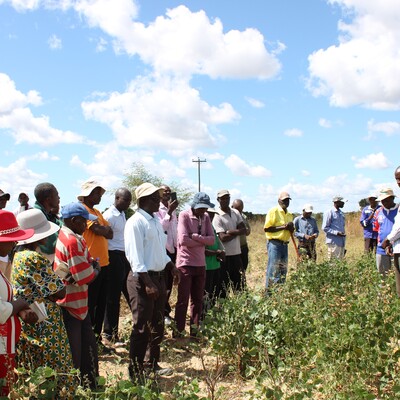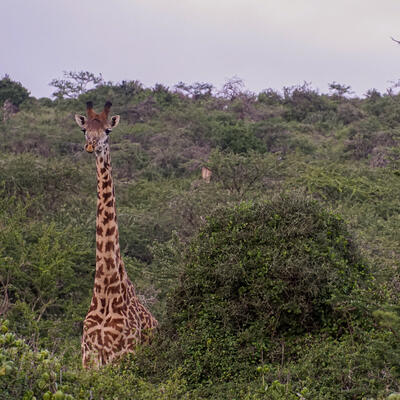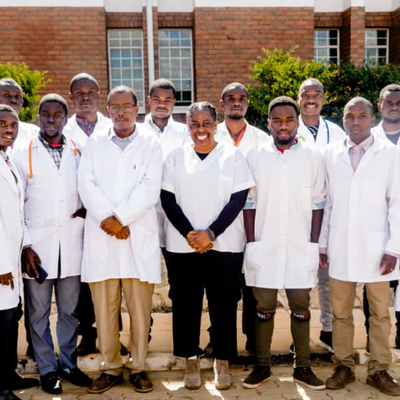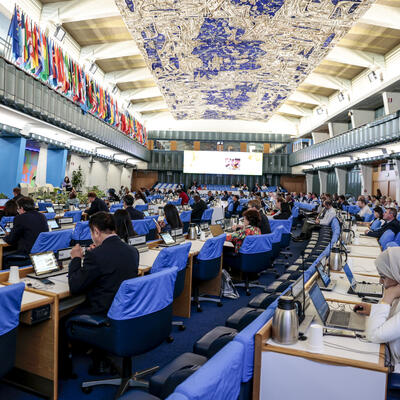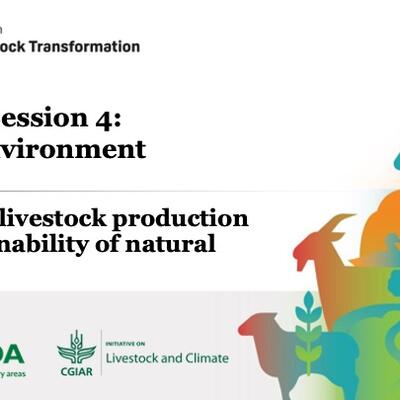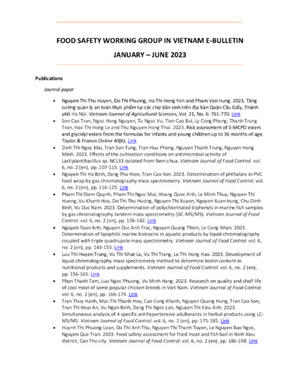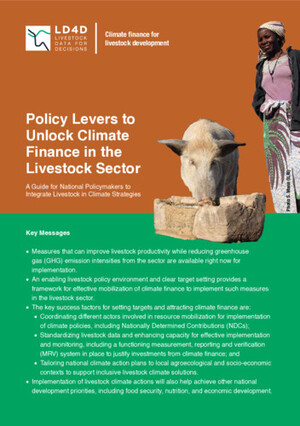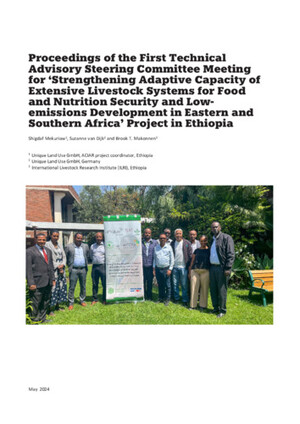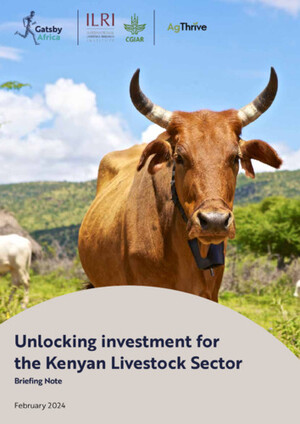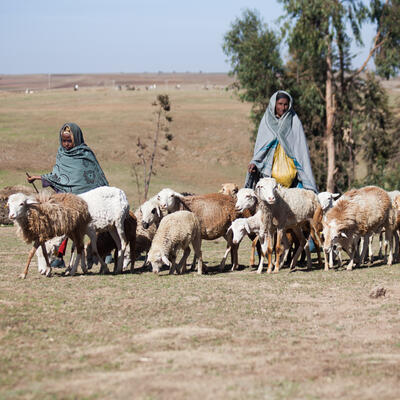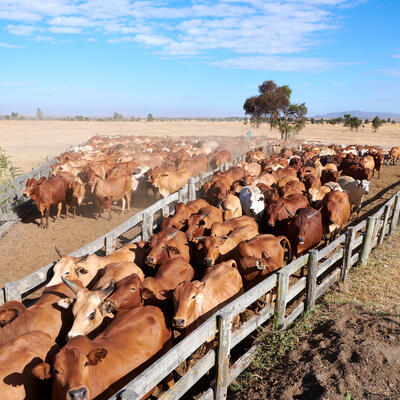
ILRI’s Kapiti Research Station commits to preserving biodiversity and conserving wildlife through its wildlife corridor
 Cabinet Secretary Najib Balala giving ILRI’s director general, Jimmy Smith, a certificate of registration for ILRI’s Kapiti Wildlife Conservancy (photo credit: CS Balala).
Cabinet Secretary Najib Balala giving ILRI’s director general, Jimmy Smith, a certificate of registration for ILRI’s Kapiti Wildlife Conservancy (photo credit: CS Balala).
Nairobi, Kenya – At a masked, socially-distanced ceremony held on 24 Sep 2020 at the Swara Plains Conservancy, the International Livestock Research Institute’s (ILRI’s) director general Jimmy Smith declared that ILRI’s Kapiti Research station would preserve itself in perpetuity as a Kenyan national wildlife conservancy.
The Kapiti Research Station, in Machakos County in Kenya, sits on 32,000 acres of land with an abundance of wildlife and livestock. Adjacent to the Nairobi National park, the only park in the world located within a capital city, Kapiti and the neighbouring Swara Plains Conservancy, which made a similar commitment, will nearly triple the safe land available to the park’s animals.
Tourism and Wildlife Cabinet Secretary, Najib Balala, gave Smith a certificate of registration for ILRI’s Kapiti Wildlife Conservancy and said, ‘Today marks a historic day because the Nairobi National park is not big enough to meet the ecological requirements of its wildlife population. Land from ILRI’s Kapiti Research Station and the Swara Plains will help conserve wildlife that can now move between the corridors in the Nairobi National Park and the Athi-Kapiti plains.’
Cabinet Secretary Balala, who received a tour of the research station, said he looks forward to enhancing collaborations with ILRI on preserving the biodiversity of Kenya’s wildlife. In particular, he encouraged future collaborations with the Wildlife Research and Training Institute (WRTI) in Naivasha, a newly inaugurated research institute that will develop a knowledge base to mitigate current threats faced by wildlife.
ILRI’s commitment to Kenya’s wildlife comes at a critical time: The world is faced with an ongoing pandemic caused by viruses that can spread from one system of animals to another. ‘We know that urbanization and land encroachment are drivers of disease spillover from wildlife to humans’, said Smith. ‘By making this commitment, ILRI is honoured to not only enhance the movement of wildlife but support the government’s efforts to preserve biodiversity.’
The Kapiti Research Station has a long history of investigating the interactions between wildlife and livestock. Scientists at ILRI have been working on developing a vaccine for diseases at the wildlife-livestock interface such as malignant catarrhal fever that is caused by a virus during wildebeest calving season and affects cattle.
More recently, with the support from King’s College London, UK, and Moredun Research Institute; ILRI scientists at Kapiti were able to set up East Africa’s first international standard land surface temperature validation suite, with equipment provided by the National Aeronautics and Space Administration–Jet Propulsion Laboratory (NASA-JPL), which is funded by the UK Space Agency and the UK National Centre for Earth Observation. This equipment will help predict pest and disease outbreaks and provide other valuable information.
In the ceremony at the Swara Plains Conservancy, Smith noted the importance of rangelands such as Kapiti. ‘Rangelands make up roughly one-third of the earth’s terrestrial surface and are indispensable to both wildlife and livestock,’ he said. ‘Nowhere is this more evident that in east and southern Africa where wildlife and livestock either compete for land, edible vegetation and water resources or are managed synergistically. By designating our Kapiti Research station a conservancy, we will support the aspirations of the Government of Kenya’s Ministry of Tourism and Wildlife to expand access of the Nairobi National Park and facilitate collaboration on research and training with the Kenya Wildlife Training Institute to tackle critical issues at the wildlife-livestock interface.’
For more information on ILRI’s Kapiti Research Station: a livestock, environmental and agricultural research station in southeastern Kenya. Nairobi, Kenya: ILRI.






